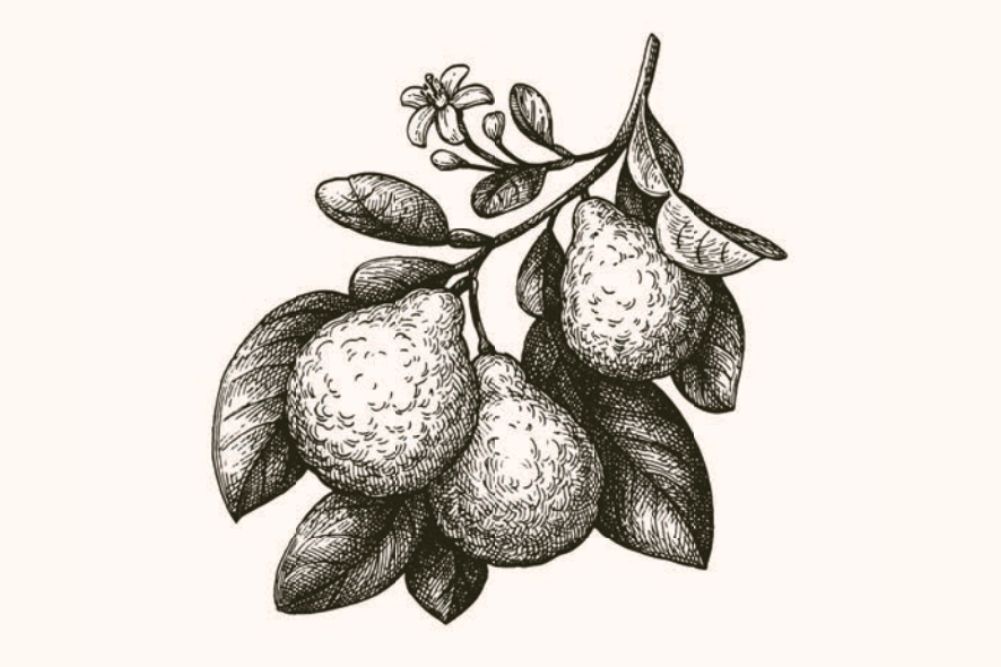The healing power of dandelion
Historically, dandelion root and leaves have been used to treat liver and kidney problems across Native American, Chinese and European cultures. In addition to being an amazingly beneficial plant medicine, dandelion can be consumed in many ways: the root either as a casserole vegetable or roasted as a coffee alternative (two-year-old roots are best); the leaves and the flowers in salads and teas; and even the sap to reduce skin infections topically.
As it grows so well in the Australian climate, dandelion is considered a weed, but nothing could be further from the truth. Grow some in your backyard and use it for its multiple health benefits.
Active ingredients
Dandelion has an abundance of bitter principles in all parts of the plant, as well as sterols structurally related to bile. It also contains an anti-allergy terpene and large amounts of polysaccharides, including inulin (a major prebiotic), pectin and various flavonoids. Flavonoid glycosides have been isolated from the flowers and leaves. The flowers are also high in luteolin, known for its anti-inflammatory activity.
Nutritionally, dandelion is a rich source of vitamins such as betacarotene. It has four times the provitamin A found in spinach, and more vitamin C than tomatoes. Chlorophyll, vitamins C and D, B vitamins and choline are present in dandelion. Its mineral content includes high levels of potassium and magnesium along with silicon, manganese, zinc, copper, iron and phosphorus.
Dandelion root
Liver detoxification & blood cleanser
Medicinally, the most powerful part of the plant is the root with its ability to detoxify and heal the liver. It increases the production of bile and is one of the strongest herbal lipotropics known. By stimulating bile production, dandelion root significantly improves liver function, removing obstructions of the liver, gall bladder and spleen and purifying the blood.
In addition to being an amazingly beneficial plant medicine, dandelion can be consumed in many ways.
It also improves liver hormone regulation, regulates blood glucose and helps the body break down fats. When the liver is not functioning correctly, the cells cannot remove all their waste products, there’s a back-up in the bloodstream and wastes are stored in connective tissue. Dandelion is an excellent alterative and liver detoxifier and it flushes fat deposits from the liver. Research also shows that dandelion has the potential ability to regenerate damaged liver cells.
As dandelion is considered cooling and drying, it’s excellent for improving “hot” inflammatory conditions that are related to the liver, such as acne, eczema, red burning eyes, headaches (with a tense neck) and inflammatory arthritis.
Digestion
Bitter herbs are eaten worldwide to improve digestion by stimulating digestive enzyme production and as a blood tonic. Historically and today, dandelion improves the function of the pancreas, spleen and stomach, and is helpful in stimulating the appetite. The high probiotic inulin component of dandelion leaves and roots increases levels of bifidobacteria and lactobacilli in the gut.
Endocrine system
The high inulin content of the plant also indicates a blood-glucose-modulating activity by improving insulin secretion.
Immune system
Dandelion has been shown to restore immune function in immune-suppressed mice, enhancing cell-mediated immunity, humoral immunity and non-specific immunity. It has been shown that this may be partly due to its ability to restore nitric oxide production and increase the secretion of a compound called tumour-necrosis factor (alpha) TNFα.
Extracts of dandelion leaf have shown a decrease in the proliferation and invasiveness of both breast and prostate cancer cells. The root has shown promise in inducing apoptosis in human pancreatic cancer cells, and colon cancer and chronic leukemic cells.
Anti-inflammatory
Dandelion root has shown powerful anti-inflammatory activity, active through various pathways including the COX2 pathways. It has been effective against acute pancreatitis as well as arthritis in rate, reducing inflammation and reversing bone and cartilage damage.
Antioxidant
All parts of the dandelion plant have shown anti-oxidative actions and are particularly effective against lipid peroxidation, thus protecting against many chronic illnesses.
Antidepressant
Mice studies have shown dandelion leaves and roots to have an antidepressant effect.
Dandelion leaf
The leaves of dandelion are an excellent mineral source with high levels of potassium, magnesium, manganese and iron. Dandelion leaves have a strong diuretic effect, comparable to that of furosemide (Lasix), thus helping remove excess fluid. They are also a source of the minerals lost in the fluid removal process, so they help nourish the urinary system.
A recent in vitro study showed that an extract of dandelion leaf reduced calcium crystallization, thus reducing the risk of kidney stones. Rat studies have also indicated reduced risk of uric acid tones as well.
Dandelion leaf extracts are also showing promise in reducing hepatitis C viral replication.
Dandelion flower
An infusion of dandelion flowers is an excellent skin toner, helping to address acne and dry spots. Infused in oil, they make an excellent remedy for muscle soreness. The flowers possess marked antioxidant activity and gently improve heart function.
Using dandelion
Dandelion is a non-toxic herb that can be used in large doses and as a food. As a caution, due to the diuretic action of the leaves you should be careful if kidney disease is present.








